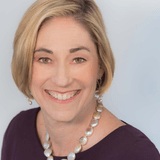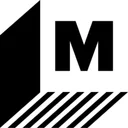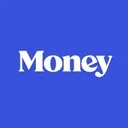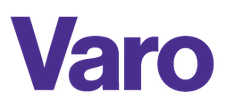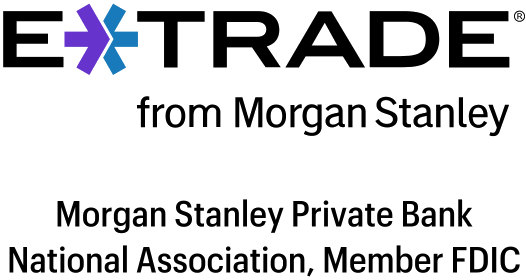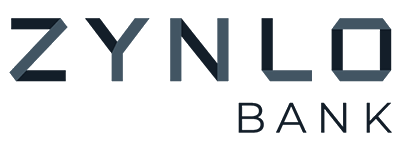CD vs. High-Yield Savings Account: Which Should I Choose?
Savings accounts give you more flexibility to make withdrawals, but CDs can offer higher interest rates.

Many, or all, of the products featured on this page are from our advertising partners who compensate us when you take certain actions on our website or click to take an action on their website. However, this does not influence our evaluations. Our opinions are our own. Here is a list of our partners and here's how we make money.
Which is the better place to park your money: a certificate of deposit or a savings account? Savings accounts give you more flexibility to make withdrawals, but CDs offer fixed interest rates that can boost some savings if you’re able to leave your money alone for a set time. The best place to deposit your cash generally depends on how long you’re willing to leave it in your account.
» Skip down to a comparison table of these two account types
Savings accounts
What is a savings account? A savings account is a bank account that typically earns interest. You can withdraw money as needed, though some banks limit the number of times you can make certain types of withdrawals. If you exceed the limit, the bank may charge a fee — say, $3 or $5 — for each extra transaction. If there are repeated excess withdrawals, the bank may close the account or convert it to a checking account.
The withdrawal limit used to be a federal requirement, but the Federal Reserve removed the requirement in response to the pandemic. As a result, some financial institutions do not enforce transfer limits. Before opening an account, be sure to check with the institution about its policy.
When is a savings account a good choice? A savings account is a good choice if you need to access your money in the near future. Savings accounts are especially good for emergency funds because they can offer fast access to cash if you incur an unexpected expense. CDs, on the other hand, often charge a penalty to make early withdrawals.
To get the most out of savings, place your money in a high-yield savings account. These accounts are often offered by online banks and credit unions. (Read more about NerdWallet's favorite high-yield savings accounts.)
The national average rate on savings accounts is only 0.39%, but a high-interest savings account can earn close to 10 times the national average. It may not make you rich, but the extra money can help.
High-yield savings accounts vs. CDs: High-yield savings accounts, as well as basic savings accounts, generally have rates that are variable and can change at any time, while a CD locks in a rate for the term period, such as one or five years. Use NerdWallet’s savings calculator to explore how much your money could earn with different rates.
The Fed lowered its benchmark interest rate three times in 2025. Excellent interest rates are still available on savings accounts and certificates of deposit, but they are trending lower.

Member FDIC
Bread Savings® CD

4.05%
6 months
Marcus by Goldman Sachs High-Yield CD
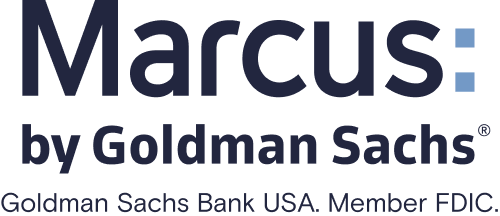
4.00%
1 year
Synchrony Bank CD

4.10%
9 months
Certificates of deposit
What is a CD? A CD is a type of savings account that pays a fixed rate for a set length of time. In exchange, you agree to not access the funds during the CD term. Standard terms range from around three months to five years, but can be as short as one month and as long as 10 years. If you take your money out before the term ends, you generally pay a penalty that’s a portion of the interest you earned.
When is a CD a good choice? A CD can be a good choice if you’re certain you won’t need your cash for several months or years and want a consistent rate of return. A CD is best as a supplemental account that doesn’t replace your regular savings account. If you want to know more about choosing a term and type of CD, read our CD explainer.
Many high-yield CDs have rates that are higher than the best savings account yields. You can find top options by searching the best CD rates and comparing them to the best savings rates.
Timing the opening of a CD to get a good rate. CDs allow you to lock in a rate for the length of the term, which is great if rates are expected to fall soon.
However, if you lock in a CD rate and then rates rise, you might end up earning less than if you had chosen to put your funds in a high-yield savings account. (You could decide to pay a penalty and break a CD early for a better rate if the math works in your favor.)
» Learn more about the rate environment on our CD rate forecast
There is a straightforward way to lower the risk of being stuck with unfavorable CD rates: creating a CD ladder. It involves opening several CDs with varying term lengths instead of putting all your money in a single account. As each shorter-term CD matures, you’d move the balance into a new long-term CD. This allows you to take advantage of the traditionally higher rates that long-term CDs tend to offer while regularly having access to maturing CDs. To learn more about this approach, read our explainer on CD ladders.
You can also manage risk by opening a bump-up CD, which lets you request a rate increase during the term, or a step-up CD, which offers automatic rate increases.
CD vs. high-yield savings account: At a glance
CD | High-yield savings account |
|---|---|
Pros | |
|
|
Cons | |
|
|
How to open a CD or HYSA
You can generally open a CD or high-yield savings account the way you would any other bank account: Visit a branch or sign up on the bank's website. You'll likely need to provide your ID and some additional information, such as your address and Social Security number. You can open CDs from credit unions (the credit union versions of CDs are called share certificates), online banks and traditional banking institutions. (Read more about how to open a savings account or CD.)
» Problems opening a bank account? Learn what you can do if your account is denied
The minimum opening balance for a CD is often more than the minimum required to open a savings account, but some financial institutions let you open CDs with no minimum.
Once you open the best account for your situation, you’ll be able to take the most enjoyable step: Sit back and watch your money grow.





